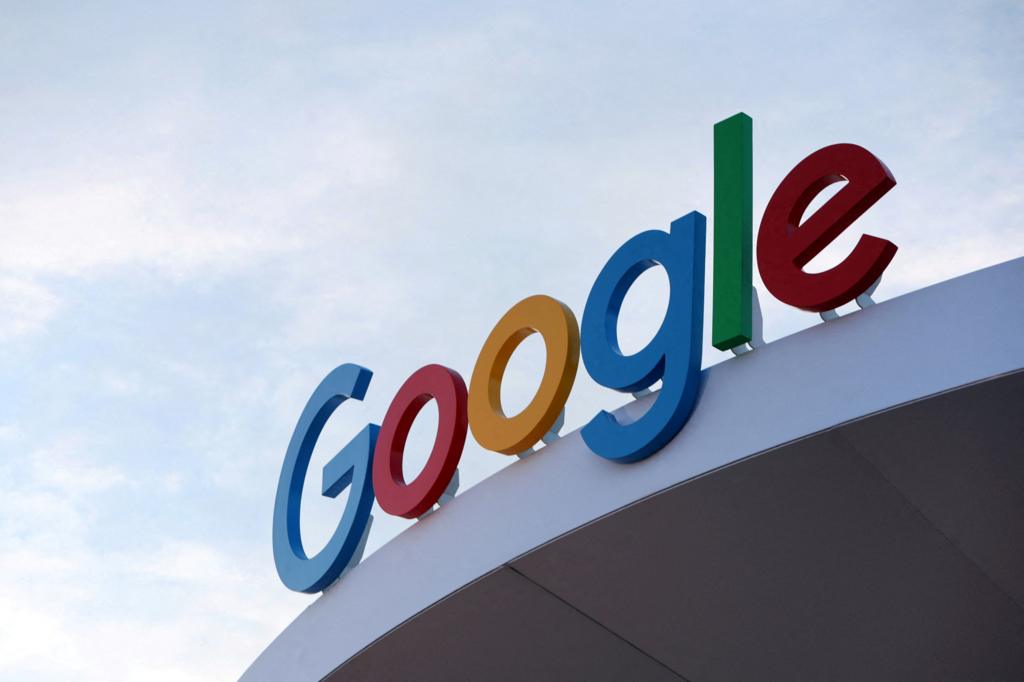“`html
A U.S. federal judge has ruled that Google will not be compelled to sell its Chrome web browser. However, the tech giant must share certain information with its competitors.
The remedies, decided upon by District Judge Amit Mehta, follow a protracted legal battle concerning Google’s dominance in the online search market.
The case scrutinized Google’s practice of setting its search engine as the default option across its own product ecosystem, including Android and Chrome, as well as devices manufactured by companies such as Apple.
The U.S. Department of Justice had sought the divestiture of Chrome. Tuesday’s ruling allows Google to retain ownership but prohibits exclusive contracts and mandates the sharing of search data with rival companies.
Google had proposed alternative, less stringent solutions, such as revising its revenue-sharing agreements with companies like Apple concerning default search engine placement on their devices and browsers, as previously reported by the BBC here.
Since the initial charges were filed in 2020, Google has maintained that its market leadership stems from the superior quality of its search engine, leading consumers to prefer it over alternatives.
Last year, Judge Mehta determined that Google had engaged in anticompetitive practices to establish a monopoly in the online search market, actively working to maintain a level of dominance that violated U.S. law.
However, Judge Mehta stated in his decision that a forced sale of Chrome was “a poor fit for this case.”
Google will also retain ownership of its Android operating system, which powers the majority of smartphones globally.
The company had argued that divesting parts of its operations, such as Android, would impair their functionality.
Shares in Alphabet, Google’s parent company, experienced a surge of over 8% following the announcement of the ruling.
Smartphone manufacturers like Apple, Samsung, and Motorola are also poised to benefit from the decision.
Prior to the ruling, Google allocated billions of dollars to these firms to exclusively pre-load or promote the tech company’s products.
Testimony during the trial revealed that Google spent over $26 billion on such agreements with Apple, Mozilla, and others in 2021.
Under the new ruling, Google is prohibited from entering into exclusive contracts for Google Search, Chrome, Google Assistant, or the Gemini app.
This means that phone manufacturers will have the freedom to pre-load or promote alternative search engines, browsers, or AI assistants alongside Google’s offerings.
Gene Munster, managing partner at Deepwater Asset Management, characterized the ruling as “good news for big tech.”
He added on X that “Apple also gets a nice win because the ruling forces Google to renegotiate the search deal annually.”
Melissa Otto, head of research at S&P Global Visible Alpha, stated that Judge Mehta’s ruling “doesn’t seem to be as draconian as the market was expecting.”
Ms. Otto noted that with Google’s search operation projected to generate nearly $200 billion this year, and tens of billions of that allocated to distribution partners, the ruling represents a win-win scenario for the major corporate players involved.
Google has yet to issue a formal statement but has previously indicated its intention to appeal the ruling, a process that could delay its implementation for several years.
This decision does not mark the end of the tech giant’s legal challenges.
Later this month, Google is scheduled to proceed to trial to determine remedies in a separate case brought by the Justice Department, where a judge found the company held illegal monopolies in online advertising technology.
Sign up for our Tech Decoded newsletter to follow the world’s top tech stories and trends. Outside the UK? Sign up here.
“`

